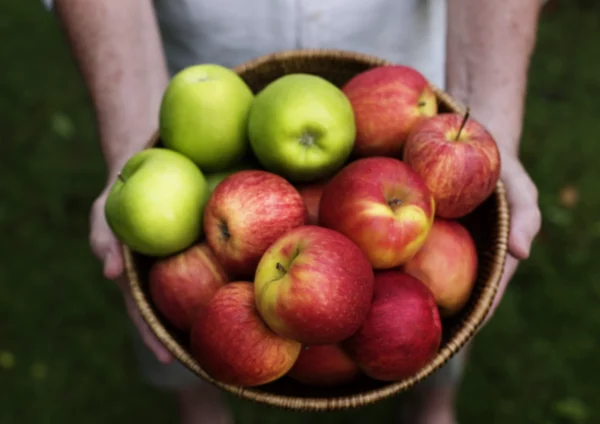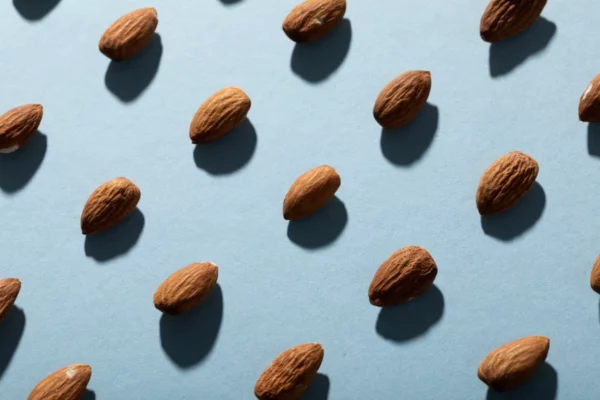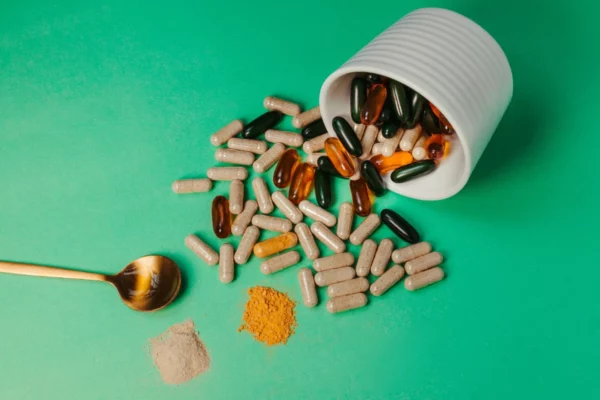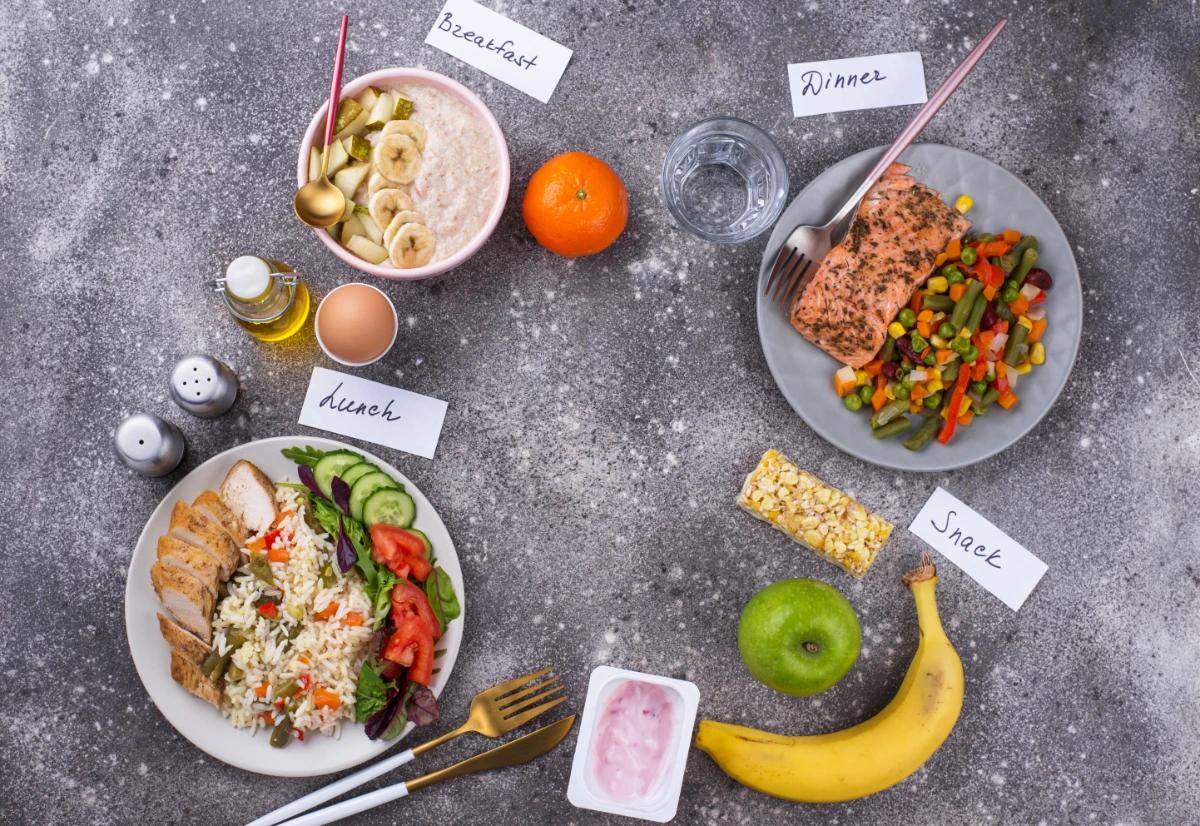Introduction
The connection between a high-fiber diet and cancer prevention has increasingly gained attention in the health community. While whole grains, brown rice, and oat bran have long been known for their general health benefits, recent studies have highlighted their role in reducing cancer risks. This article delves into the science behind how a diet rich in fiber-rich foods like plant-based foods and fresh fruits can contribute to cancer prevention.
The Role of Fiber in Cancer Prevention
Understanding Dietary Fiber
Dietary fiber found in whole foods like whole grains, plant-based foods, and legumes is mainly categorized into insoluble fiber and soluble fiber. Both types contribute to a healthy diet and have unique benefits. Insoluble fiber aids in bowel movement and adds stool bulk, while soluble fiber helps in maintaining healthy cholesterol levels and insulin sensitivity.
Fiber and Colorectal Cancer
A key area where dietary fiber intake shows promise is in reducing the risk of colorectal cancer. High intake of fiber, particularly from whole grains and brown rice, has been associated with a lower risk of colon cancer. The American Institute for Cancer Research and American Cancer Society both suggest that fiber’s protective effect against colorectal cancer is due to its ability to speed up the passage of food through the digestive tract, reducing the contact time between potential cancer-causing chemicals and the intestinal wall.
Breast Cancer and Fiber
Maryam Farvid, a notable researcher, led a systematic review that linked higher fiber intake to a lower breast cancer risk. The estrogen levels in the body, which are a key factor in breast cancer, can be regulated by a diet high in fiber-rich foods, suggesting a protective effect against not just colorectal but also breast cancer.
Fiber’s Broader Impact on Cancer
Fiber supplements and dietary fiber consumption play a significant role in maintaining a healthy weight and promoting good health, both of which are essential in reducing cancer risk factors. For instance, insoluble fiber can improve insulin resistance and metabolic health, indirectly influencing cancer prevention.
Recommended Fiber Intake
How Much Fiber is Enough?
The National Cancer Institute and American Cancer Society recommend that adults consume between 25 to 35 grams of dietary fiber per day. This can be achieved through a combination of high-fiber foods and fiber supplements if necessary.
Best Sources of Dietary Fiber
The best ways to incorporate fiber into your diet include consuming:
- Whole grains such as whole wheat, brown rice, and oat bran.
- Fresh fruits and vegetables.
- Legumes like beans and lentils.
- Plant-based foods in general, which are naturally high in fiber.
Fiber, Diet, and Lifestyle
Beyond Diet: A Holistic Approach
While dietary fiber intake is crucial, it’s part of a broader lifestyle approach that includes physical activity, alcohol consumption, and avoidance of red meat and white bread. Balancing dietary habits with physical activity and healthy dietary choices enhances overall health and further reduces cancer risks.
The Role of Fiber Supplements
In cases where getting enough fiber from food is challenging, fiber supplements can be a beneficial addition. They can help maintain digestive system health and contribute to a healthy diet. However, it’s always best to consult with a healthcare provider before starting any supplement.
Potential Side Effects and Considerations
Moderation and Balance
The phrase “too much of a good thing” applies to fiber as well. Excessive consumption, especially if rapidly increased, can lead to digestive issues. The Fiber Paradox discusses this in detail and offers insights into a balanced approach to fiber intake The Fiber Paradox.
Specific Medical Conditions
Individuals with certain medical conditions may need to tailor their fiber intake. For instance, those with certain digestive tract disorders might need a specific type of fiber or a gradual increase in fiber.
Conclusion
In conclusion, a diet rich in high-fiber foods like whole grains, fresh fruits, and plant-based foods plays a vital role in cancer prevention. By maintaining a healthy weight, improving digestive health, and possibly influencing hormone levels, fiber proves to be more than just a component of a healthy diet; it’s a proactive measure against various forms of cancer.
FAQs
- How does fiber help in preventing cancer? Fiber aids in maintaining a healthy digestive system, regulating hormone levels, and keeping a healthy weight, all of which contribute to lower cancer risks.
- What is the recommended daily intake of fiber for cancer prevention? The recommendation is 25 to 35 grams of dietary fiber per day, per the National Cancer Institute.
- Can fiber supplements be used to prevent cancer? While fiber supplements can complement a high-fiber diet, they should not replace whole foods as the primary fiber source.
- Are there any side effects of a high-fiber diet? Excessive fiber intake can lead to digestive discomfort. It’s important to increase fiber intake gradually.
- What types of cancer can a high-fiber diet help prevent? A high-fiber diet is particularly linked to lower risks of colorectal and breast cancer.
- Can a high-fiber diet replace cancer treatments? No, a high-fiber diet should complement but not replace conventional cancer treatments.
- How can I increase my fiber intake? Include more whole grains, fruits, vegetables, and legumes in your diet.
- Is fiber beneficial for overall health? Yes, besides cancer prevention, fiber aids in heart health, weight management, and blood sugar control.
- Do all high-fiber foods have the same benefits? Different types of fiber offer various health benefits. A diverse diet is key.
- Can changing dietary habits later in life still benefit cancer prevention? Yes, adopting a high-fiber diet at any age can reduce cancer risk.









